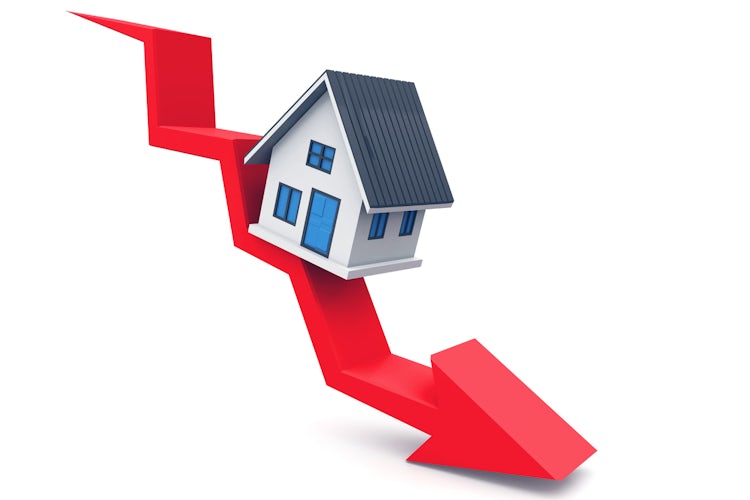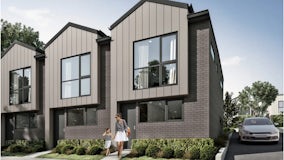Prices will continue to decline, as will rates, but the downturn aids FHBs
Too long; didn't read? Here're this week's TLDRs...
July sees increased sales despite price declines
Read the article
ANZ predicts further house price declines in 2024
Read the article
ANZ predicts further house price declines in 2024.
Read the article
Housing market weakens; cautious recovery expected in 2025
Read the article
Potential house price boom, caution advised
Read the article
Mortgage rate drops aim to prevent deeper market correction
Read the article
Cutting loan payments may lead to higher long-term costs
Read the article
Westpac reduces home loan rates in competitive market
Read the article
First-home buyers gain from declining prices and lower rates
Read the article
Housing downturn aids first-home buyers' affordability
Read the article
Property investors shift strategies amid market changes
Read the article
Auckland, Wellington, Queenstown-Lakes have highest rental costs
Read the article
Auckland residential construction faces sharp decline amidst challenges
Read the article
July consents rise sharply, long-term decline continues
Read the article
Waiheke Island faces severe housing crisis, urgent solutions needed
Read the article
$48M spent, Arlington site remains empty and delayed
Read the article



